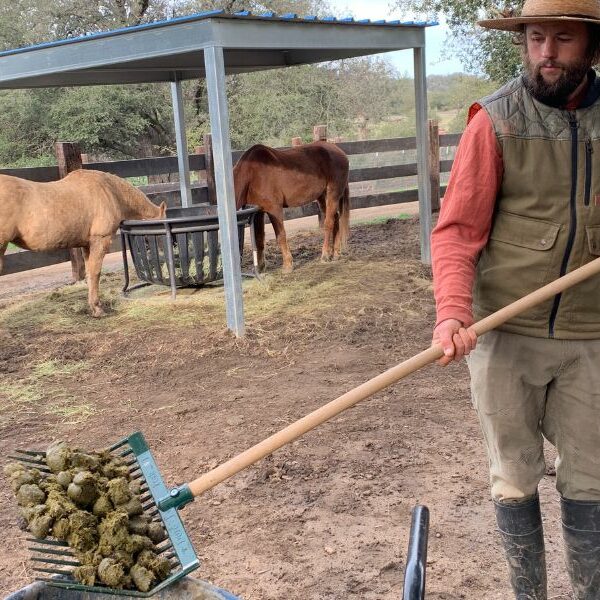Did you know San Diego County has more small farms than any other county in the US, and grows over 200 different varieties of fruits, vegetables, and flowers? San Diego's wide variety of microclimates throughout the region make this possible as does healthy soil!
Often misconstrued with dirt, soil is a living ecosystem and life-giving natural resource. Healthy soil sustains plants, animals, and humans and is teeming with billions of bacteria, fungi, and other microbes!
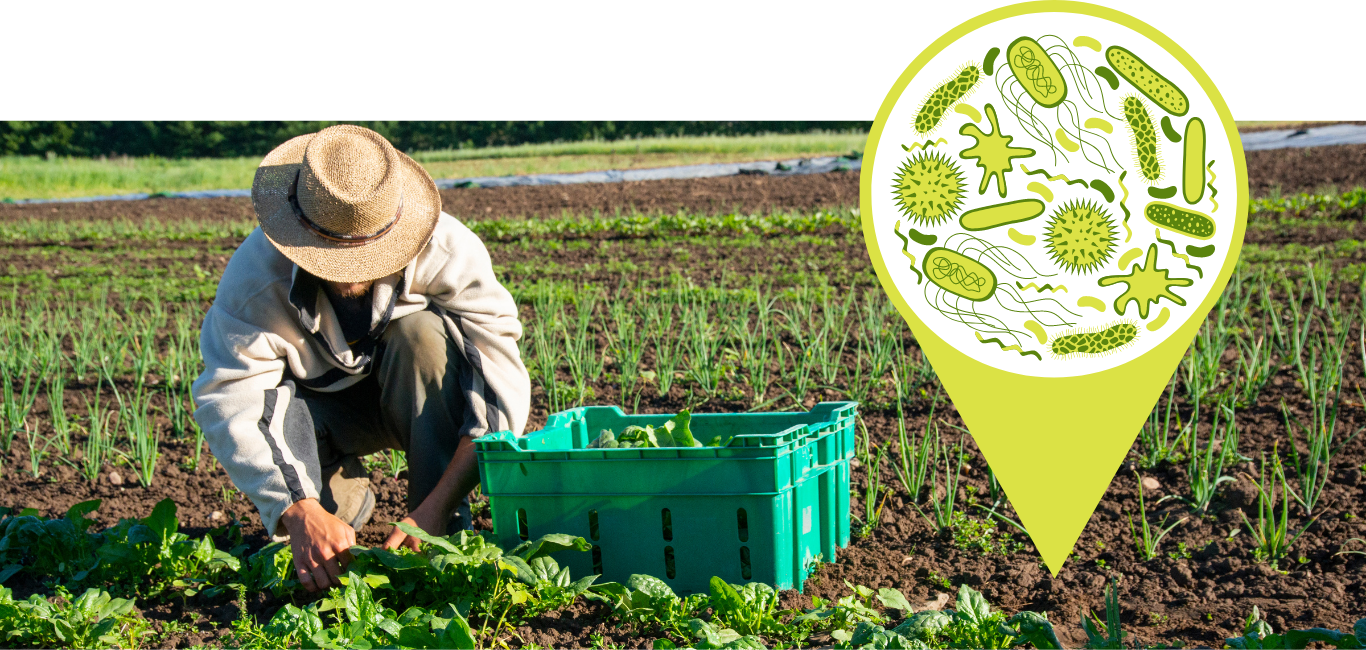
We can thank healthy soil, especially the top 5-10 inches called topsoil where the highest concentration of organic matter can be found, for giving us clean air and water, bountiful crops and forests, productive grazing lands, diverse wildlife, and beautiful landscapes. Soil does all this by performing five essential functions:
-
- Regulating and retaining water from rain, snowmelt, and irrigation.
-
- Sustaining plant and animal life.
-
- Filtering and buffering potential pollutants with the help of the minerals and microbes in the soil.
-
- Cycling nutrients such as carbon, nitrogen, and phosphorus.
-
- Providing physical stability and support for plant roots and structures.

Protecting & Regenerating Topsoil

As world population and food production demands rise, keeping our soil healthy and productive is of paramount importance. Incorporating regenerative farming and gardening practices raises awareness of the vital living ecosystems directly beneath our feet and prevents topsoil erosion commonly caused by strong winds, hard rains, and flowing water.
Regenerative carbon farming practices include no-till, cover cropping, biodiverse rotations, and more to increase the soil's organic matter and improve microbial activity. As a result, more carbon can be sequestered, countering the rise in the accumulation of greenhouse gasses in the atmosphere, increasing water infiltration, improve wildlife and pollinator habitats-all while harvesting better profits and often better yields.
Solana Center offers educational resources and guidance to help you take hands-on action to promote healthy soil whether you are a farmer, rancher or simply gardening in your own backyard.
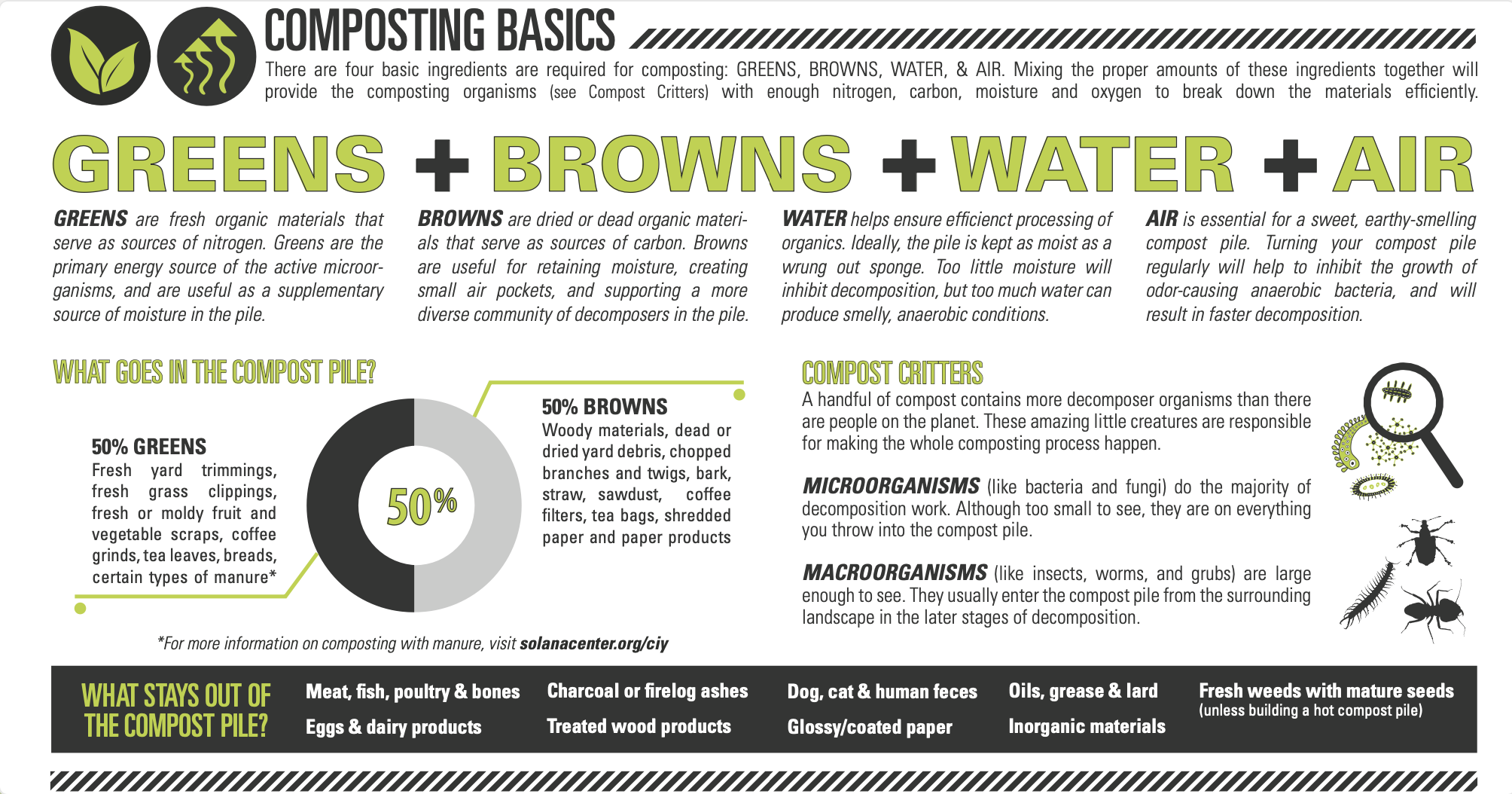
"Compost it Yourself" resource guide
See the full resource above or jump to the section you need below:
The benefits of compost
Composting is an easy way to convert kitchen and yard waste into a nutrient-rich soil amendment and water-retaining mulch for your garden. Organic materials such as yard trimmings and food scraps make up a large portion of commercial and residential discarded resources.
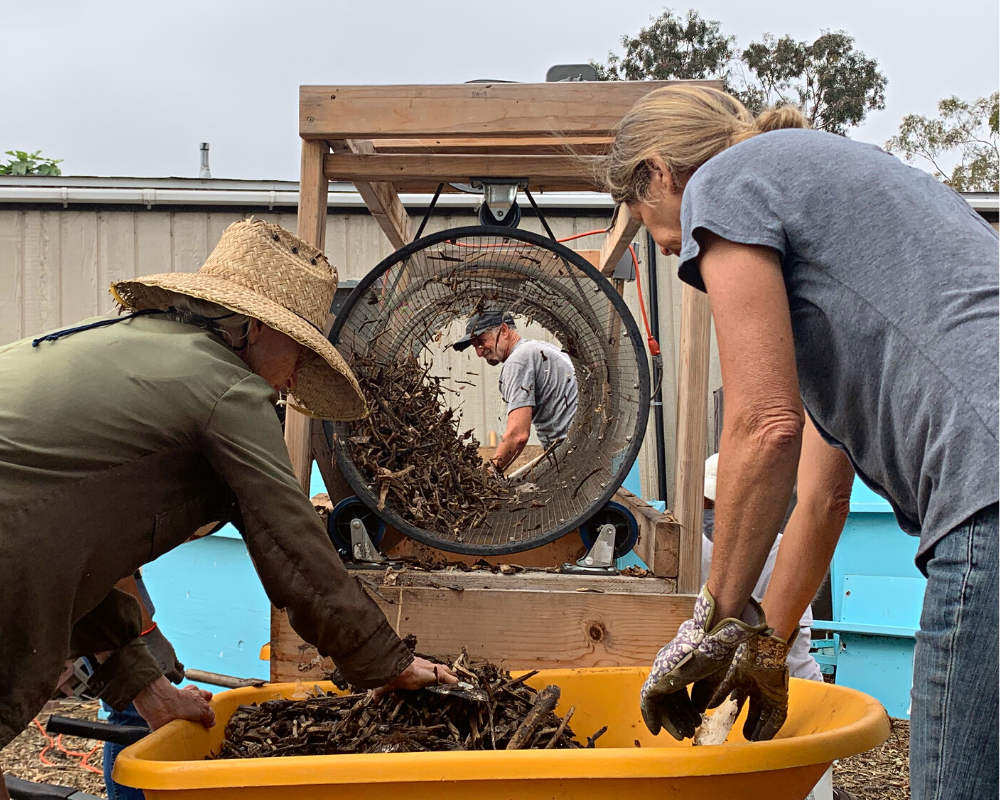
Eliminating the need to collect and bury yard trimmings and food waste in landfills saves energy. Fewer materials put out at the curb means fewer trips to the landfill by collection trucks and less activity by the large earth-moving tractors at the landfill. Additionally, composting prevents organic waste from releasing methane, a potent greenhouse gas, in the landfill.
Compost created in your backyard or at your farm replaces soil amendments you would otherwise have to purchase. It also helps save money on your water bills by improving water penetration and retention and reducing runoff and evaporation. Businesses who reduce their waste by composting can also save money with lower trash hauling fees.
Adding compost to your soil improves soil structure. Whether your soil is heavy clay or a sandy mix, adding compost benefits its structure. Compost helps soil chemistry by balancing pH and nutrient extremes. Plants grown in compost-amended soils tend to be healthier, exhibit resistance to some diseases, are more resistant to pests, show increased drought tolerance, and require less watering.
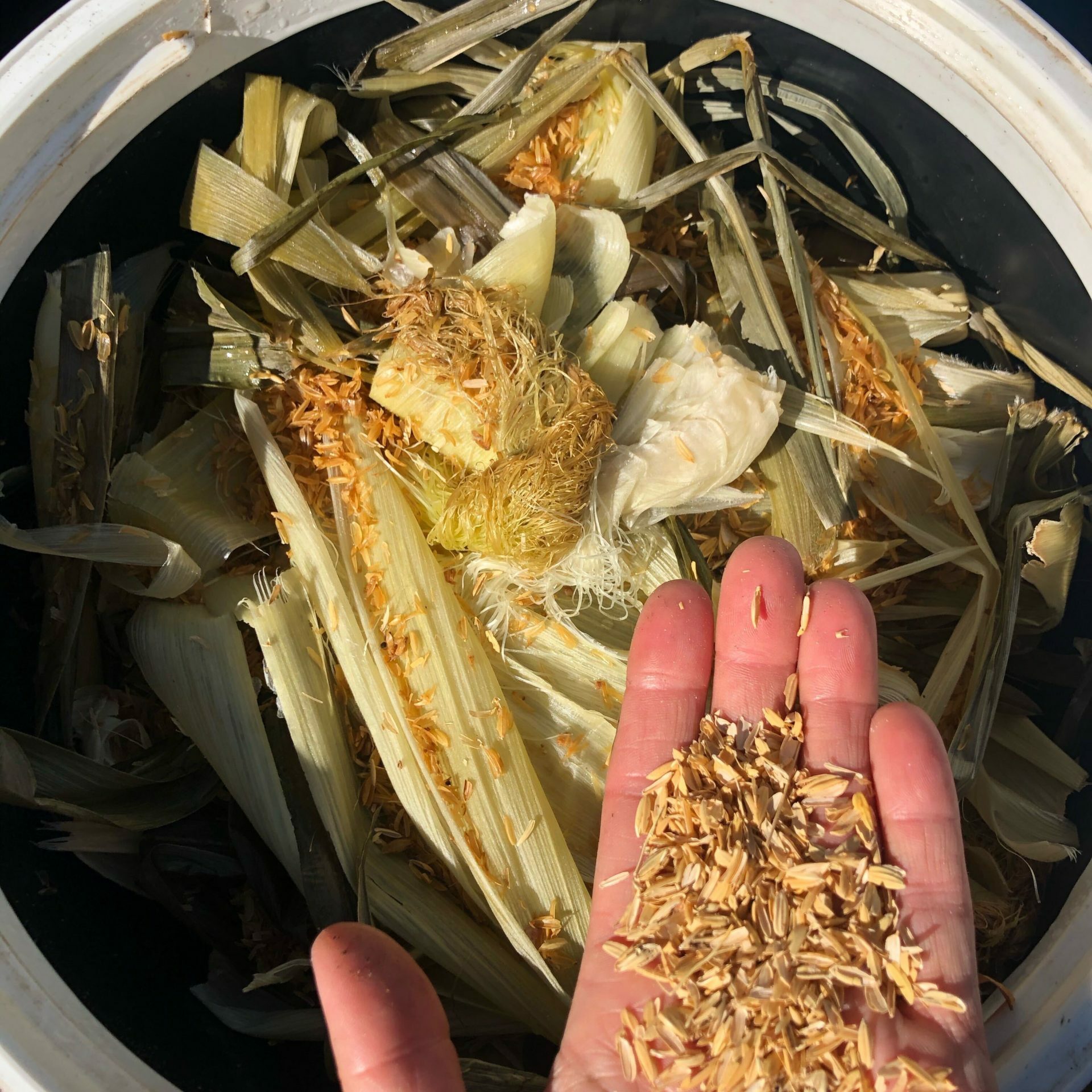
Bokashi Method
Bokashi is a fermentation process, not a true composting method. However, it will allow you to eventually compost all of your food scraps, including meat and dairy, and fats!
Developed in Japan, the process uses lactobacillus bacteria to predigest waste matter, which eliminates odors and decreases composting time.
Manure Composting
As beautiful as they are, there are few ways to turn money into manure faster than having a horse. Horses can create up to 50 pounds of manure per day and San Deigo County has the second-largest number of horses in the state! Livestock owners have the unique problem of having to dispose of this manure and composting is an easy and economical way to do it while creating natural fertilizer, protecting waterways, and saving money in the process.
